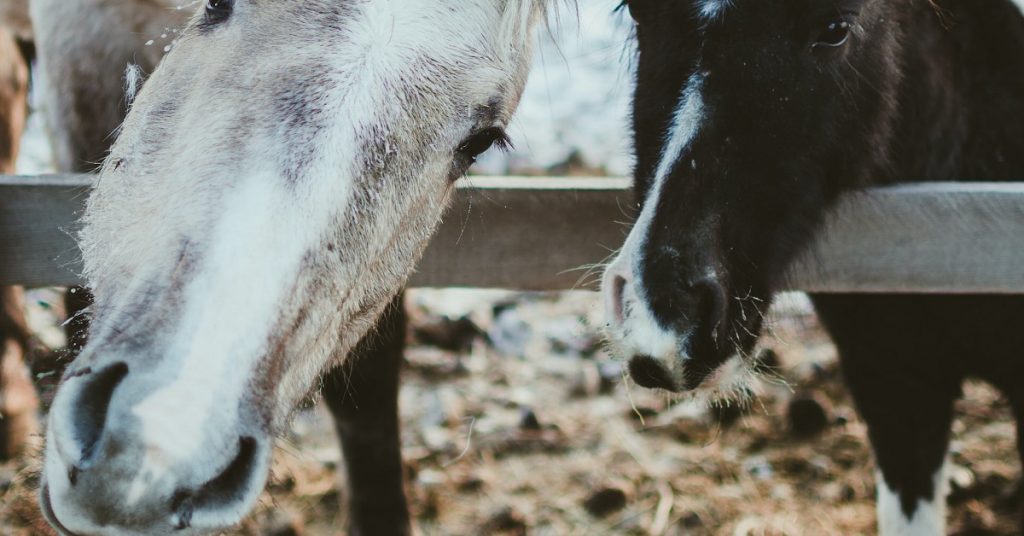Vetpharmacy.co.uk Cookie Policy : We use cookies to enhance your user experience. To find out more please view our cookie policy
A Guide to Worming Your Horses during the Winter

Worms are parasitic roundworms that live in the intestines of farm animals. They can affect sheep, cattle, horses, and pigs. The worms live in a worm tube called the gut, which they use to absorb food as they pass through their bodies. Additionally, the tubes also carry waste materials away from the body; so that they do not get stuck in them like a sponge would if filled with water. Keep reading to find out where to get products for worming horses.
Why should you worm your horse?
Worming is done to remove these parasites from the body by killing them. The injection of worming medication into a horse's muscle protects the animal from potential harm caused by worms. If left untreated, worms can result in death or severe illness requiring hospitalisation. With access to suitable ingredients and a sterilised needle, you can perform worming at home, administering the medication orally.
Why is regular deworming important?
Regular deworming is important for several reasons:
- Firstly, worms can cause a variety of health problems in horses, such as anaemia, weight loss, and colic. Furthermore, regular deworming helps to prevent these issues and keeps horses healthy.
- Regular deworming can help to reduce the overall population of parasitic worms in the horse and its environment, reducing the risk of re-infection.
- Deworming can help to prevent the spread of parasitic worms to other horses, reducing the risk of an outbreak.
- Parasitic worms can affect a horse's performance and overall well-being, and regular deworming can help to improve this.
- Maintaining herd health: Regular deworming is an important aspect of herd health management, helping to keep all horses in a stable or pasture healthy and free from parasites.

It's important to follow a regular deworming schedule and consult with a veterinarian to determine the best deworming program for your horse, based on factors such as age, health status, and exposure to other horses and environments.
How do you prevent worm transmission between horses?
Here are some steps to prevent the transmission of worms between horses:
- Deworm your horses regularly.
- Rotate pastures, remove manure regularly, and limit overcrowding.
- Isolate new horses.
- Maintain cleanliness.
- Minimise exposure to contaminated environments.
- Regular fecal egg counts.
How often should you deworm your horses?
You should worm your horses every 6 months on average, depending on their weight and size. For Foals, we suggest worming them every 3 months.

Where can you get effective wormers for worming your horses?
Worming horses whilst they are in stables during winter will help prevent them from getting worms, but it is not always necessary to worm every 12 months. The best way to know if your horse needs worming is by weighing them and looking at their coat.
Shop online at Vet Pharmacy today for the best horse wormers.
This blog post was written on behalf of Vet Pharmacy by Pharmacy Mentor